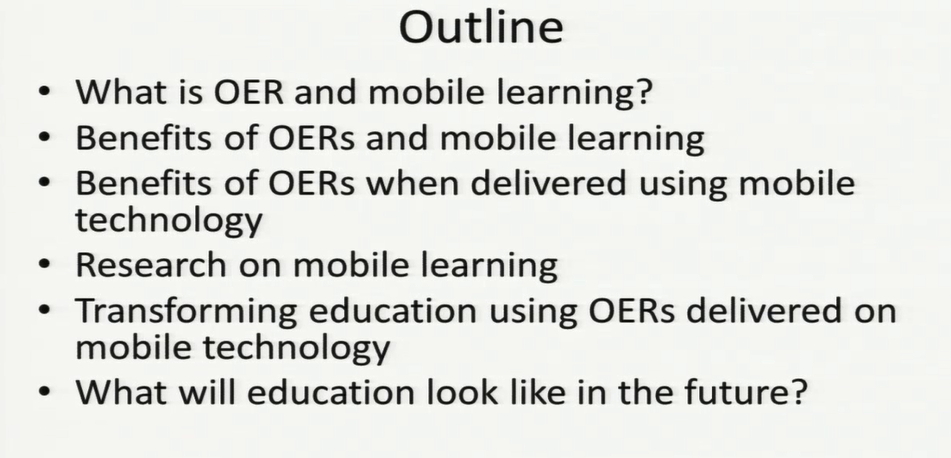The primary focus for this dissertation is to determine how formal and/or informal mechanisms are used to understand and transmit information regarding research ethics and the protection of human subjects. In other words, how the norms regarding rese...
http://chineseinput.net/에서 pinyin(병음)방식으로 중국어를 변환할 수 있습니다.
변환된 중국어를 복사하여 사용하시면 됩니다.
- 中文 을 입력하시려면 zhongwen을 입력하시고 space를누르시면됩니다.
- 北京 을 입력하시려면 beijing을 입력하시고 space를 누르시면 됩니다.
The culture of ethics: Determining how three academic departments socially construct research ethics regarding the protection of human subjects.
한글로보기https://www.riss.kr/link?id=T10566231
- 저자
-
발행사항
[S.l.]: Michigan State University 2001
-
학위수여대학
Michigan State University
-
수여연도
2001
-
작성언어
영어
- 주제어
-
학위
Ph.D.
-
페이지수
137 p.
-
지도교수/심사위원
Adviser: Lynne Goldstein.
-
0
상세조회 -
0
다운로드
소속기관이 구독 중이 아닌 경우 오후 4시부터 익일 오전 9시까지 원문보기가 가능합니다.
부가정보
다국어 초록 (Multilingual Abstract)
Two anthropological perspectives, praxis and the theory of structuration, informed this research, and qualitative field methods and direct observation were used resulting in a total of 33 in-depth open-ended interviews with faculty members and graduate students from three departments in the social sciences and allied health fields over a period of two years at Midwestern Research University<super>1</super>. To measure the effectiveness of understanding and training of research ethics, ten criteria were used to determine the level of knowledge faculty and training faculty members had received regarding research ethics involving human subjects. The findings of this research indicate that faculty members rely more upon informal mechanisms of knowledge transmission and training than formal mechanisms for imparting information relating to research ethics and the protection of human subjects. For example, 78% of faculty said they relied upon first hand experience, 52% of faculty indicated that they used informal mentoring, and 57% said they used informal networks as mechanisms for obtaining information about research ethics and the protection of human subjects. Only 1% of all faculty received any training in graduate school on research ethics and the protection of human subjects.
In this analysis, I argue that the distinct culture of each department is reflected in the ways that informal networks or relationships are (or are not) utilized thereby embedding this action (or non-action) into the culture of ethics. This study enhances existing scholarship because I embraced previously under utilized ethnographic methods and theoretical perspectives to reinvigorate notions about how research ethics are best studied.
<super>1</super>Midwestern University is a pseudonym to protect the privacy of the subjects involved in this study.
The primary focus for this dissertation is to determine how formal and/or informal mechanisms are used to understand and transmit information regarding research ethics and the protection of human subjects. In other words, how the norms regarding research ethics within three departments are developed, maintained, and changed. Therefore, the main objectives for this dissertation are to examine: the ways in which faculty understand and ultimately apply the concepts of research ethics involving the protection of human subjects; whether informal mechanisms, as suggested by the Acadia Institute's survey, are an effective way of transmitting the knowledge of research ethics between faculty members; whether informal communication, such as mentoring relationships between faculty members is valued as an effective tool in teaching research ethics and addressing ethical issues; how the formal institutional mechanisms of ethics education, such as university policies are perceived as effective for addressing practical issues of ethics education; and, whether faculty members perceive formal methods as an effective way of imparting research ethics and professional values.
Two anthropological perspectives, praxis and the theory of structuration, informed this research, and qualitative field methods and direct observation were used resulting in a total of 33 in-depth open-ended interviews with faculty members and graduate students from three departments in the social sciences and allied health fields over a period of two years at Midwestern Research University<super>1</super>. To measure the effectiveness of understanding and training of research ethics, ten criteria were used to determine the level of knowledge faculty and training faculty members had received regarding research ethics involving human subjects. The findings of this research indicate that faculty members rely more upon informal mechanisms of knowledge transmission and training than formal mechanisms for imparting information relating to research ethics and the protection of human subjects. For example, 78% of faculty said they relied upon first hand experience, 52% of faculty indicated that they used informal mentoring, and 57% said they used informal networks as mechanisms for obtaining information about research ethics and the protection of human subjects. Only 1% of all faculty received any training in graduate school on research ethics and the protection of human subjects.
In this analysis, I argue that the distinct culture of each department is reflected in the ways that informal networks or relationships are (or are not) utilized thereby embedding this action (or non-action) into the culture of ethics. This study enhances existing scholarship because I embraced previously under utilized ethnographic methods and theoretical perspectives to reinvigorate notions about how research ethics are best studied.
<super>1</super>Midwestern University is a pseudonym to protect the privacy of the subjects involved in this study.
분석정보
연관 공개강의(KOCW)
-

Education Policy at the Party Conferences
Teachers TV Teachers TV -

Personal Finance Education: The Money Quiz
Teachers TV Teachers TV -

Further Education: Work Experience
Teachers TV Teachers TV -

Alcohol Education: Here's What We Want
Teachers TV Teachers TV -

2014 이러닝 국제 콘퍼런스 : Open Education Resources with Mobile Learning to Transform Education
한국교육학술정보원 Mohamed Ally






